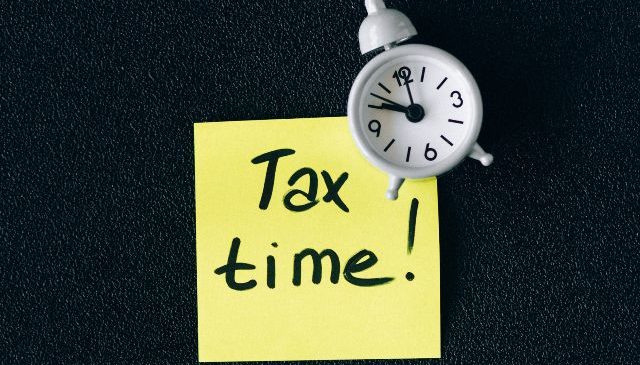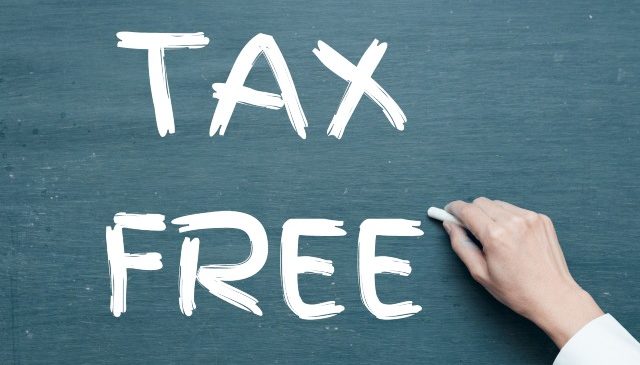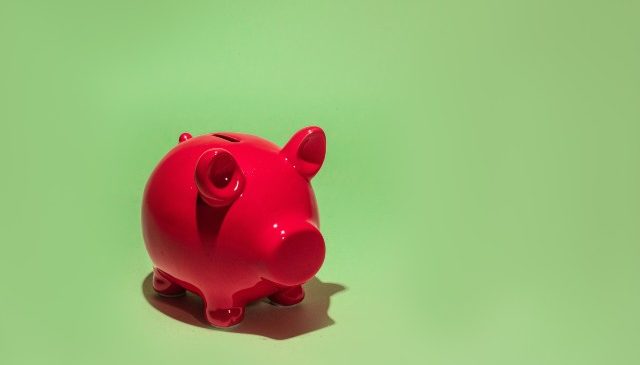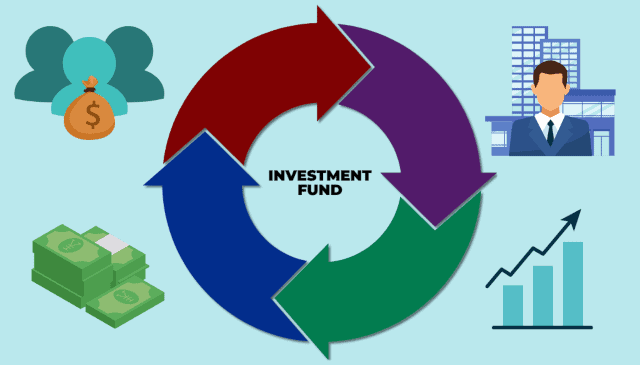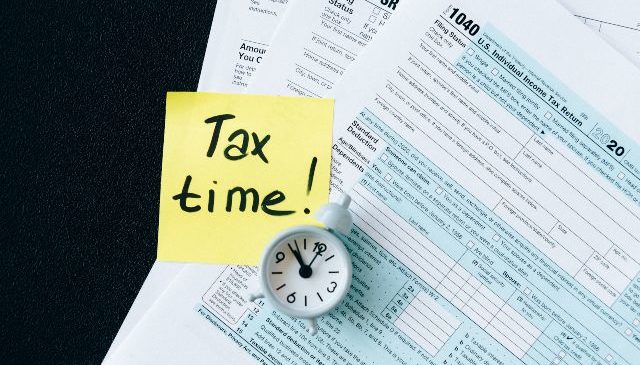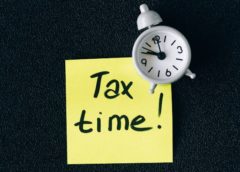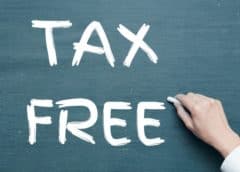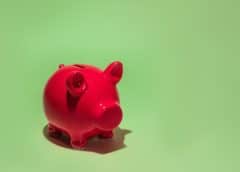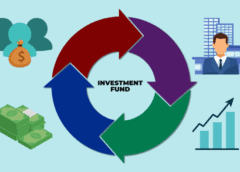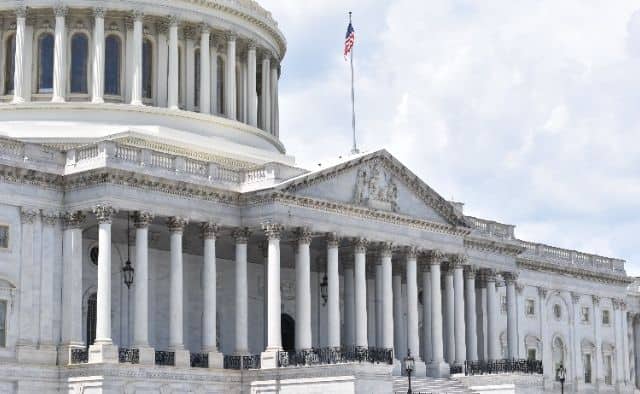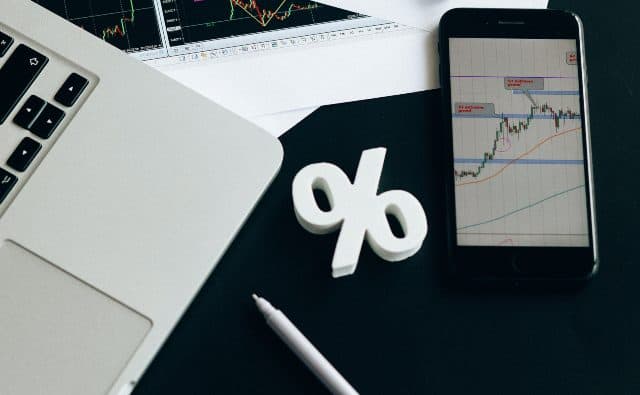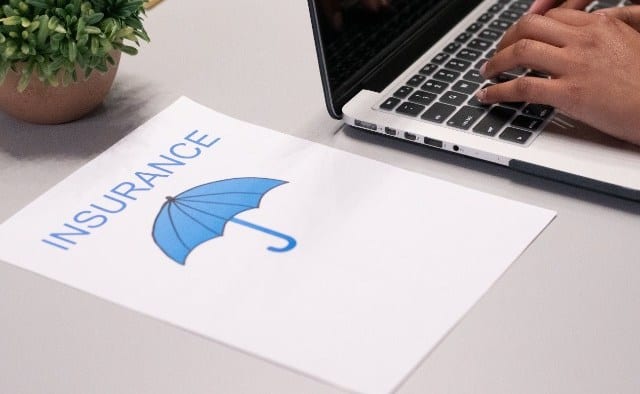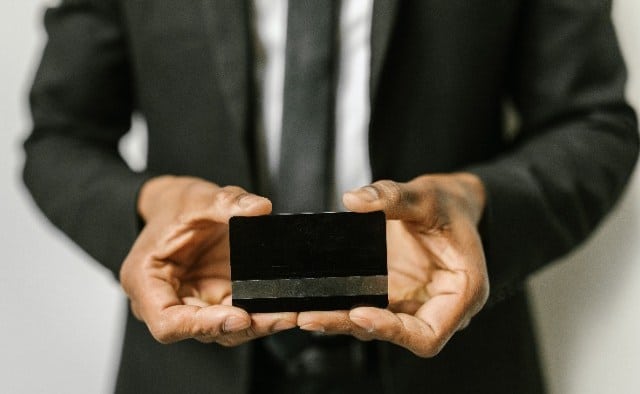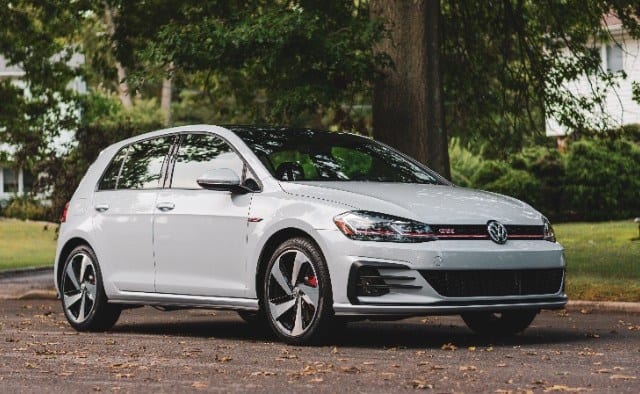So what exactly is investing? For our purposes, to invest refers to the act of buying one of the following things: 1) Stocks, also known as Shares or Equities (all synonymous) 2) Bonds 3) Cash 4) Property The proper term for the aforementioned things is “asset classes“ Bonds A Bond refers to money that you lend to either a private business or the government. President John Doe wants to introduce a new social program to improve the lives of citizens. He realizes that the government does not have enough money…
Read MoreStocks
So what exactly is investing? For our purposes, to invest refers to the act of buying one of the following things: 1) Stocks, also known as Shares or Equities (all synonymous) 2) Bonds 3) Cash 4) Property The proper term for the aforementioned things is “asset classes“. Investing differs from saving in that investing grows your money at a far higher inflation-beating rate than simply saving money in a bank account. When you save, you have to continuously keep working to replace the money you spend whereas when you invest…
Read MoreThe 4% Rule
“How much money do I need to have at my chosen retirement age to be able to live comfortably for the rest of my life without ever having to work again?” The answer to this question is attained by using the 4% rule. A quick summary of the 4% rule is this: Total yearly expenses ÷ 4% = The amount of money you need for retirement OR Total yearly expenses x 25 = The amount of money you need for retirement OR Total monthly expenses × 300 = The amount…
Read MorePay Yourself First
Now for the fun part – the world of investing! The very first payment you make upon receiving your salary should be a payment to yourself. More specifically, a payment to your future self. If you do not do so you will never be financially free. This is a necessary condition for financial independence. Without doing so everything else you do will be in vain. What “paying yourself first” means in practical terms, is that one should invest a minimum of 15 – 20% of their salary every month towards…
Read MoreBuilding an Emergency Fund
What is an emergency fund? It’s an account containing enough money saved to cover 3-6 months’ living expenses and emergencies. It should be kept in an account that allows immediate withdrawals in the event of an emergency. It’s recommended that you take time to create an emergency fund before you start investing. The reason is that if you start investing before having an emergency fund you might find yourself faced with a situation where some unforeseen emergency arises (eg unexpected loss of employment) that forces you to withdraw money from…
Read MoreFirst Principles
So how does one achieve Financial Independence? Luckily for us, the entire collection of personal financial theories can be summarised in one short simple sentence: “Spend less than you earn, and invest the difference” So in order to become financially independent, one should: 1) Earn more money 2) Spend less than they earn 3) Invest the difference left over Earn more money “Spend less than you earn, and invest the difference” I think the idea that earning more money is a necessary step towards financial independence is very intuitive and…
Read MoreThe Insurance Broker
When you purchase insurance you have to go via a middle man called a broker. Usually, that broker comes in the form of a financial advisor authorized to sell a particular company’s insurance products. The broker gets a commission for whatever they manage to sell you. Hence the broker is incentivized to sell you as many products as possible to maximize commissions. That’s why it’s important that you fully research and understand what you’re considering buying, whether it is appropriate for you, and how much it will cost over your…
Read MoreThe Private Banker
Let’s start with what many argue is pretty much the one and only reason you should ever consider private banking (and why at this stage as a final year medical student/intern it still doesn’t justify you getting private banking): You need access to a loan that requires a special relationship with the bank. That’s it. That’s the only real financial justification for private banking. The two most common scenarios where this applies are if you require a vehicle financing loan or a home loan. The benefit of private banking in…
Read MoreThe Car Salesman – a note on Opportunity Cost
The most important reason not to buy a new car is the opportunity cost of not investing the money spent on the car. Best illustrated using an example: You have R300 000. You can either buy a R300 000 car or a R50 000 car. You buy the R300 000 car. That’s it. R300 000 gone. But is that really all you’ve spent? The cost of R300 000? What if you buy the R50 000 car and instead invest the remaining R250 000 in a stock market index fund and…
Read MoreThe Car Salesman – a note on ongoing liability expenses
A car is not an asset. Assets make money. A car is a liability. Liabilities lose money. A car loses money in the form of the initial depreciation hit, ongoing depreciation, and ongoing expenses in the form of petrol costs, parking costs, insurance costs, cleaning, maintenance, and repairs. The more expensive the car, the more expensive these costs. If you add debt on top of that you’re adding the expense of debt slavery (interest) as well. It costs more to insure a new car than an older car because it…
Read More